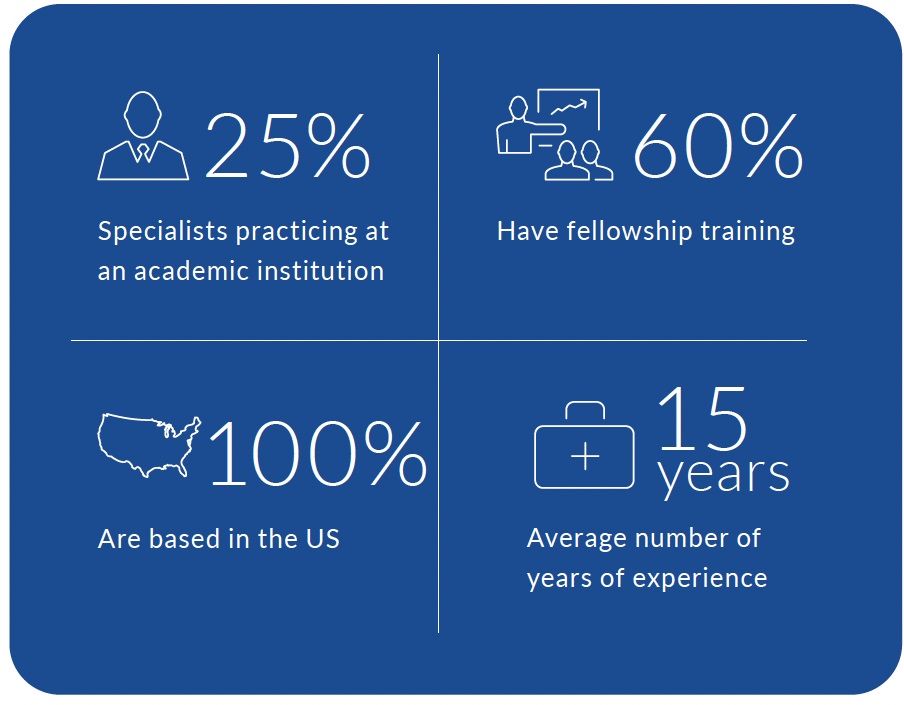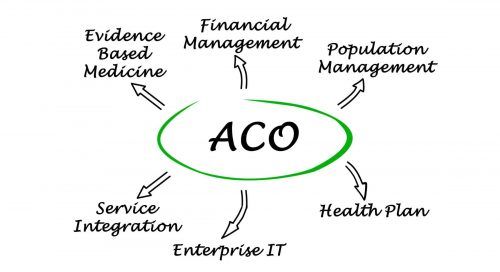Join Our Specialty Care Panel
Provide Care to Patients in Need
Join the AristaMD team by completing the specialist application below. We are looking for experienced, board-certified physician specialists who pride themselves in their ability to give expert advice that improves patient care.
As a valued AristaMD contracted specialist, you will have the opportunity to strengthen relationships with referring primary care physicians, support patients in receiving faster care and receive compensation for your insights.
Complete the Application:
About our eConsult specialty care panel


Accountable Care Organizations – Explained
How do ACO’s work? Learn more about this key organizational strategy within the transition to value-based care.
One of the main ways the Affordable Care Act seeks to reduce health care costs is by encouraging doctors, hospitals and specialty care providers to form networks that coordinate patient care and become eligible for bonuses when they deliver that care more efficiently.
The law takes a carrot-and-stick approach by encouraging the formation of accountable care organizations (ACOs) in the Medicare program. Providers make more if they keep their patients healthy. About 6 million Medicare beneficiaries are now in an ACO, and, combined with the private sector, at least 744 organizations have become ACOs since 2011. [i] An estimated 23.5 million Americans are now being served by an ACO. You may even be in one and not know it. While ACOs are touted as a way to help fix an inefficient payment system that rewards more, not better, care, some economists warn they could lead to greater consolidation in the health care industry, which could allow some providers to charge more if they’re the only game in town.
ACOs have become one of the most talked about new ideas in Obamacare. Here are answers to some common questions about how they work: What is an accountable care organization?
